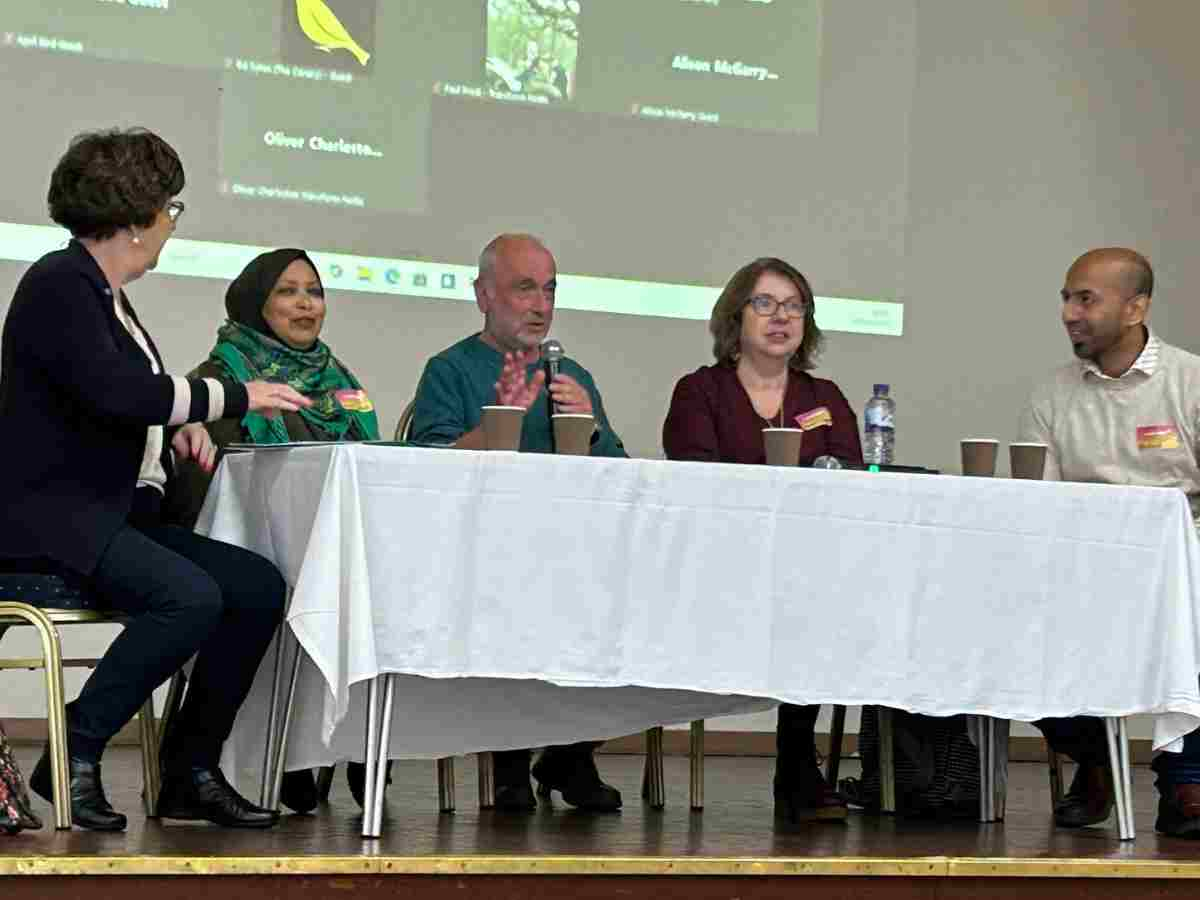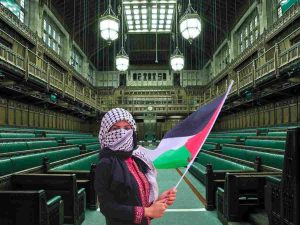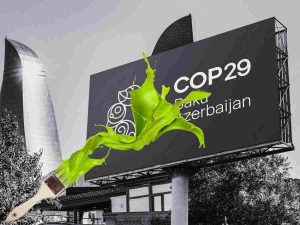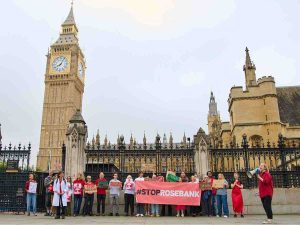After Transform’s recent conference, the Canary spoke to the party’s Anwarul Khan about some of the key issues the event addressed. In particular, he said that many left-wingers have been setting aside some historical behaviour that has kept them apart. And he emphasised that, without including all sections of society proportionately, any left-wing movement will be incomplete.
Transform’s 2024 conference
The struggle to build a united left-wing alternative to the Labour Party is well underway. Keir Starmer’s horrendous pandering to genocidal forces in Israel since 2023 has only served to intensify these efforts. Transform is definitely part of this struggle. And while the party has strengths and weaknesses, its 2024 Transform conference on Saturday 19 October was an indicator of the widespread disenchantment and sense of urgency that is pushing the left to unite.
The party has observer status with the European Left, and its vice president Yiannis Bournous spoke briefly at the conference. As Khan told the attendees, it’s important to build as many bridges as possible and to encourage as much interaction as possible between people on the left both nationally and globally. Making these connections will be key to building a strong movement. But at the same time, while many people around the country are happy to support a left-wing manifesto in an election, not everyone will participate regularly in building a party.
The conference was quite a small event. And there was certainly a feeling that working-class representation was a key area for improvement. Many people were clearly committed to Transform and its mission. It didn’t, however, seem to be completely representative of the country or the British left as a whole. That certainly isn’t an easy task, but there’s clearly work to do.
At the conference, there was space for discussion on some key issues. And in a discussion about combatting the far right, which the Canary attended, one issue that a participant raised was that there needed to be more coordination, communication and mobilisation within Transform surrounding this summer’s racist riots. Another person insisted that more local organisation is crucial, and that we need to ‘make it cool to be anti-fascist again’. And this idea of making the movement exciting, inspiring, and energetic is an important one.
Some people also mentioned the need for media reform, and the role the media establishment’s uselessness has played in eroding people’s trust and making them susceptible to far-right propaganda on social media. There was some praise for a couple of names in the media that didn’t even engage with Transform’s conference, but it seemed like the strategy for engaging and working with supportive, independent left-wing media still needed some work. Having said that, however, Anwarul Khan has been an important bridge between Transform and the Canary in particular, which shows that there is an acknowledgement that insurgent independent media and insurgent left-wing politics need to work closely together.
“There is a willingness to put aside historic behaviours” that have divided the left
The Canary: Where does Transform fit into the discussion about a broad, unified movement on the left that can stand together during future elections? Is there overall support in the party for this? And how did the conference help to further this discussion?
Anwarul Khan: Transform has made it a point to support genuine socialist candidates that agree with our core principles, which saw us endorsing 80plus non-Transform socialist candidates during the last elections. We are committed to a unified left through actions we have taken and not just in statement. What we have shown is a model of how it could be done and that there is a willingness to put aside historic behaviours by the left, encapsulated by the infamous Monty Python sketch. In terms of support for collaboration this has been one of the most well received actions by Transform. After all, when Transform first put out its call to form a unified left, placing ego to one side was something it claimed to be doing to pull groups together. It is certainly what attracted me to the party and I know many others found that compelling.
Clearly Transform has called for a unified left from its founding and has had its members as integral parts of the Collective discussions from the very beginning. Our members have helped drive the conversations with interested parties to bring them to the table. Our position has always been that we want a mass party of the left and that we were going to do things differently – learn from past mistakes. And so we are always open to paths to create that mass party.
Clearly there is work to be done in creating a mass party with all the other groups and individuals involved. However, we see that our conference plays an important part in building solidarity and importantly answering key questions. Clearly Transform members not involved in the discussion have a lot of questions at this time about the Collective project, and that open discussions like the one on Saturday are important steps in building trust and understanding.
I also sent out invites to comrades on the left, with the clear intention that the more often we speak and meet each other the more likely we are to work together. Politics is as much good relationships built through solidarity and constructive discourse as it is about political ideas. This has been the first really open discussion about what is happening in the Collective, as far as I am aware, and we hope that this is a signal of more to come.
Without diverse engagement, “our movement is incomplete”
The Canary: There was a question at the Transform conference about diversity. Has there been an issue in attracting people to Transform from minority groups? If so, why?
Anwarul Khan: When I joined Transform, I did not really see much of a representation of ethnic minorities. Although it would not be fair to say there were none. Solma Ahmed was the key note speaker and on the steering committee when I joined the launch event for example. There were other Muslims at the event as well. When I joined the executive 3 of 15 execs were ethnic minorities, we currently have 8 of the 15 execs as women (where in our constitution we require 50% representation), we have disabled executives as well as an age range from 17 to retired, for example.
Could we be more diverse? Absolutely. As I stated during the conference, when I first attended Transform meetings via zoom, most of the comrades I saw were white males and actually of a slightly older generation. What was important to me was that they welcomed me and gave me a platform to be heard. They were genuinely interested in my views.
I have been to other party conferences and have heard people talk of Muslims as a potential voting pool because of our outrage over Gaza. That’s not what I want to be treated as. Not as a demographic to target because I might get them some votes, but as an equal that deserves to be heard because that is all our basic right. The conference did also have a diverse audience (although I did not count the exact make up). The Panel was made up of three women and two ethnic minority Muslims out of the four, so it would not be fair to say it was not diverse.
Black activists (I do not mean activists who happen to be black) on the whole have been missing from a lot of these conversations on building a mass party. I had attended the Muslim vote conference for example last June and speakers there also made reference to the lack of representation from the black community in these meetings and generally.
We must do more to engage with the black community, because without them our movement is incomplete. Forming a party without diverse voices will inevitably produce policies that do not speak to them. It is a catch 22 situation.
I cannot speak for them (I cannot even speak for all Muslims), only they can. So, the more diverse voices we have the more likely it is that we will produce policies that speak to all peoples. The issue for us and indeed most left progressive groups (because Transform is not unique in this) is that we can open the door, offer to break bread with comrades, be genuine in our desire to empower comrades. However, it requires activists, from all backgrounds, to take up the offer. Transform clearly has shown we will provide a platform to be heard, as I am living proof. We are here when they are ready. We will, as we have done, carry on sending the invites. If people want to see their reflection in the mirror however, they need to stand in front of it.
Featured image via Transform




